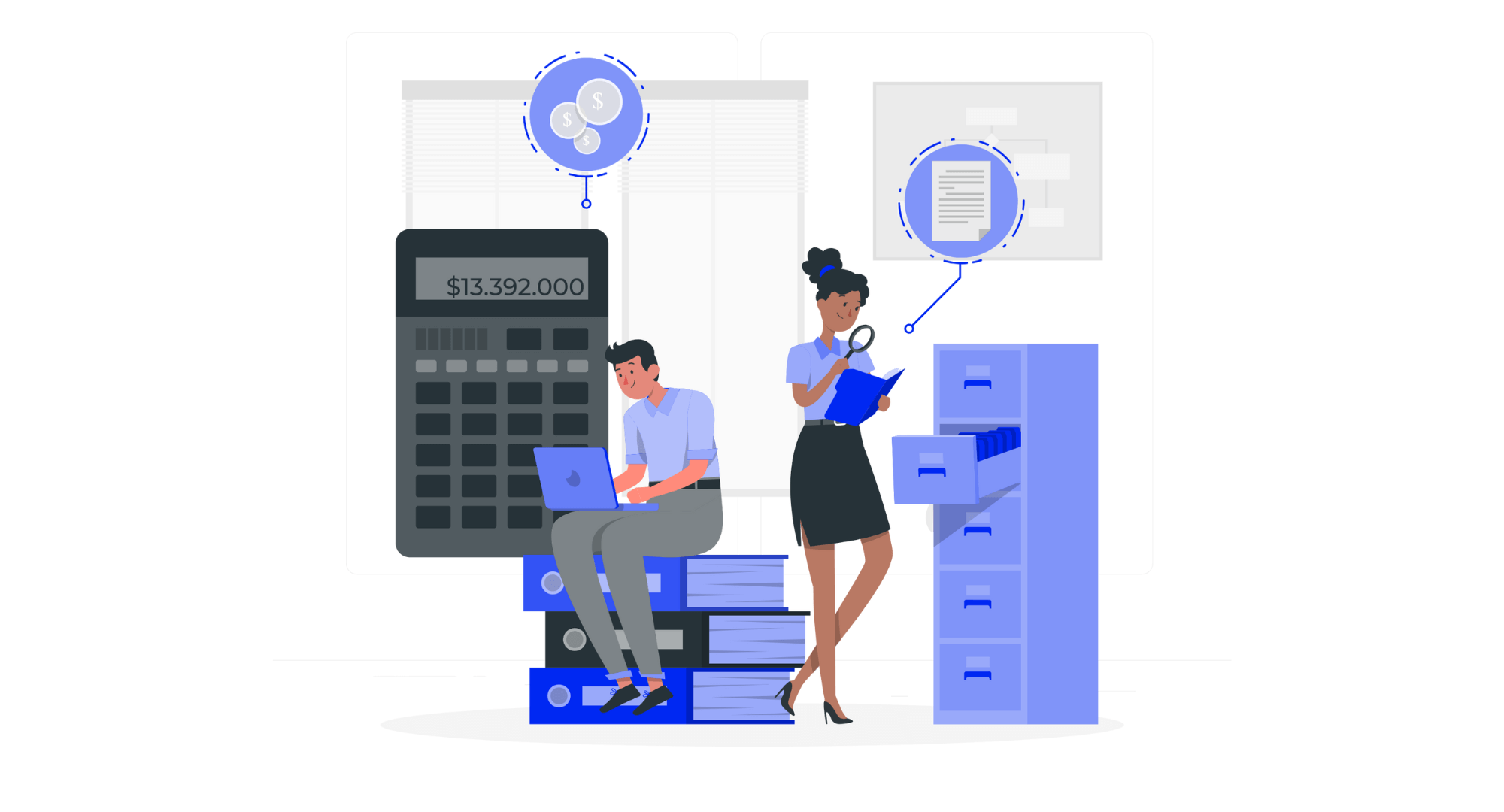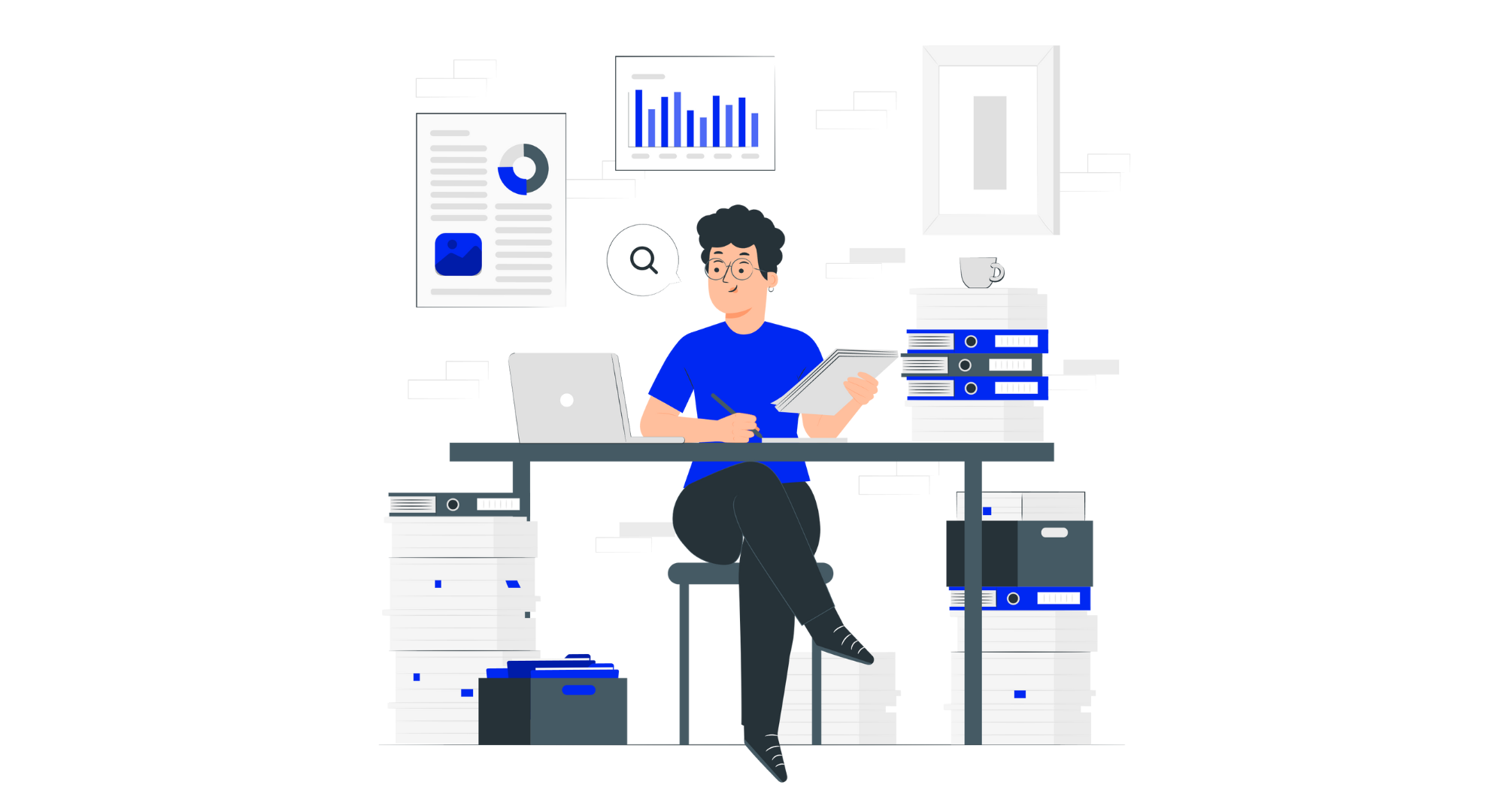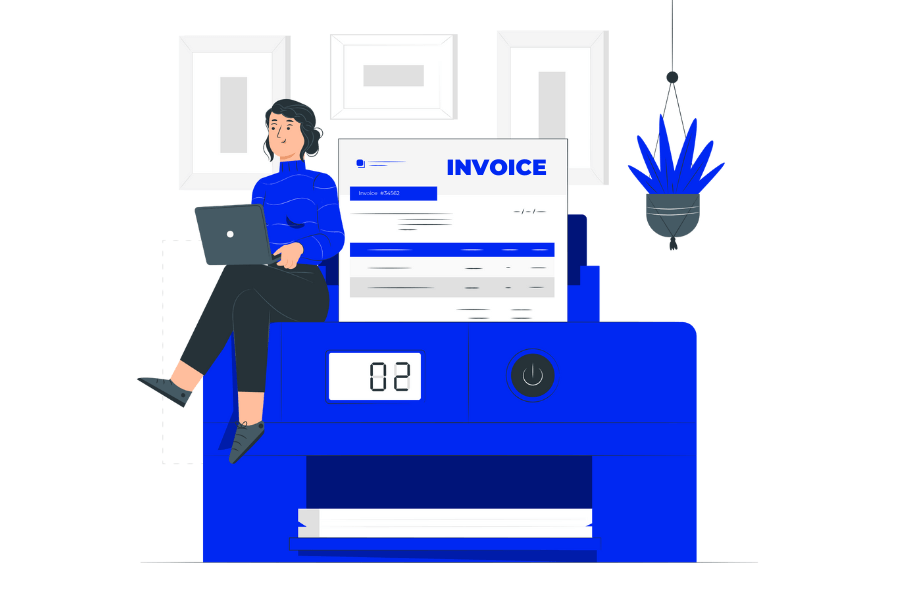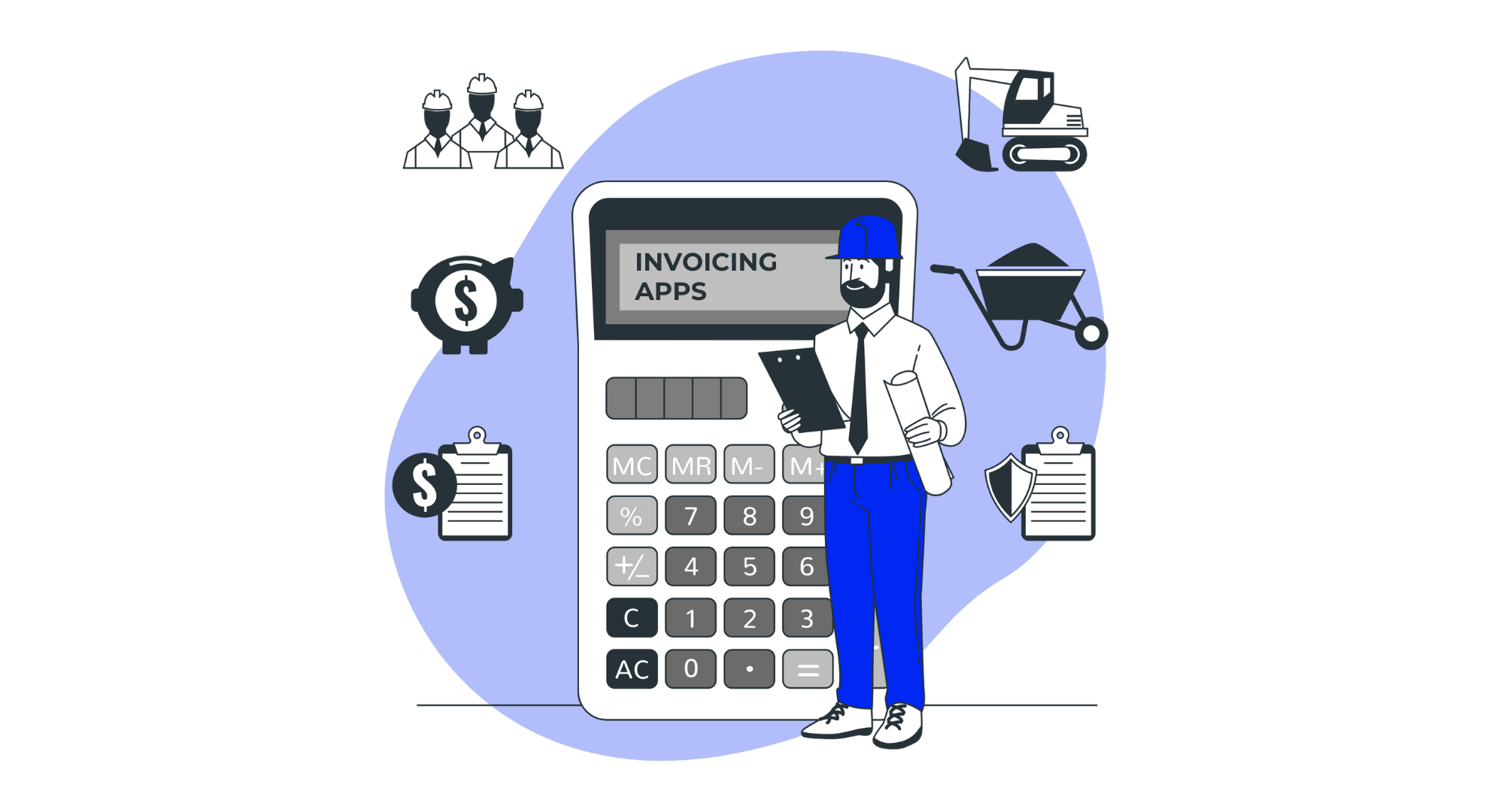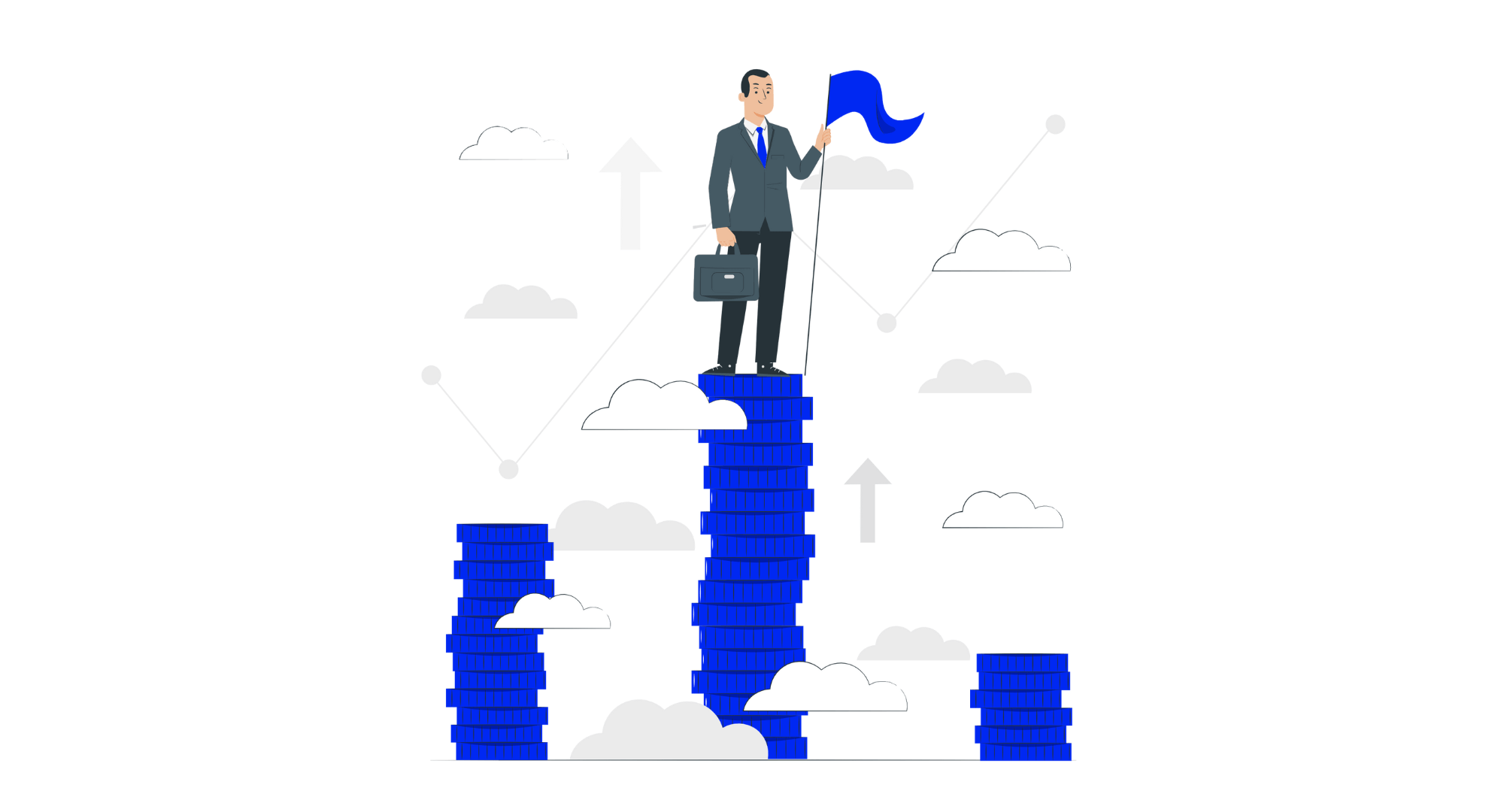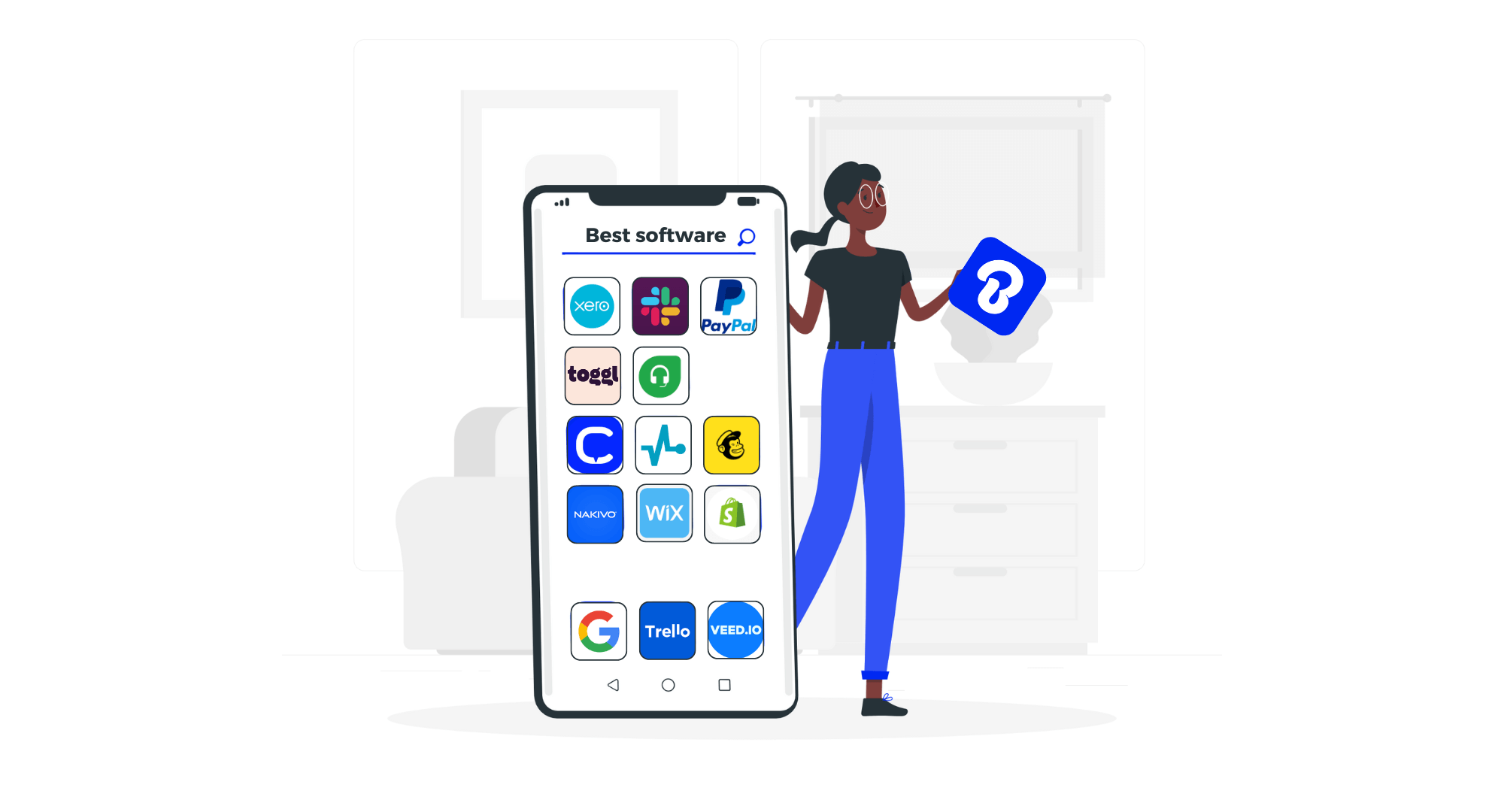
If you are running a small business or you are self-employed as a sole trader, it is vital to stay on top of your business expenses, as these have a direct impact on the amount of tax you pay and the profitability of your enterprise.
However, tracking business expenses can be a difficult and time-consuming process, particularly if you are new to it and don’t yet know the right tools to make it simpler.
We’ve simplified business expense tracking with key terms, steps, and a top-rated expense tracker recommendation. Streamline your financial processes and boost your business success today. Delve into understanding business expenses: Examples, Types, Definition.
What Are Business Expenses?
Business expenses refer to the various costs that businesses incur in their day-to-day operations to keep things running smoothly and generate income. These expenses encompass a wide range of items such as rent or lease payments, utilities, employee salaries, materials, marketing efforts, and other overhead expenses.
Properly managing these costs is essential for the financial well-being of a business. It involves carefully tracking expenses, distinguishing between essential and discretionary spending, and finding ways to optimize resource allocation to maximize profitability.
Effectively managing business expenses requires businesses to develop and adhere to a budget, prioritize spending based on necessity and revenue-generating potential, and seek opportunities to reduce unnecessary costs.
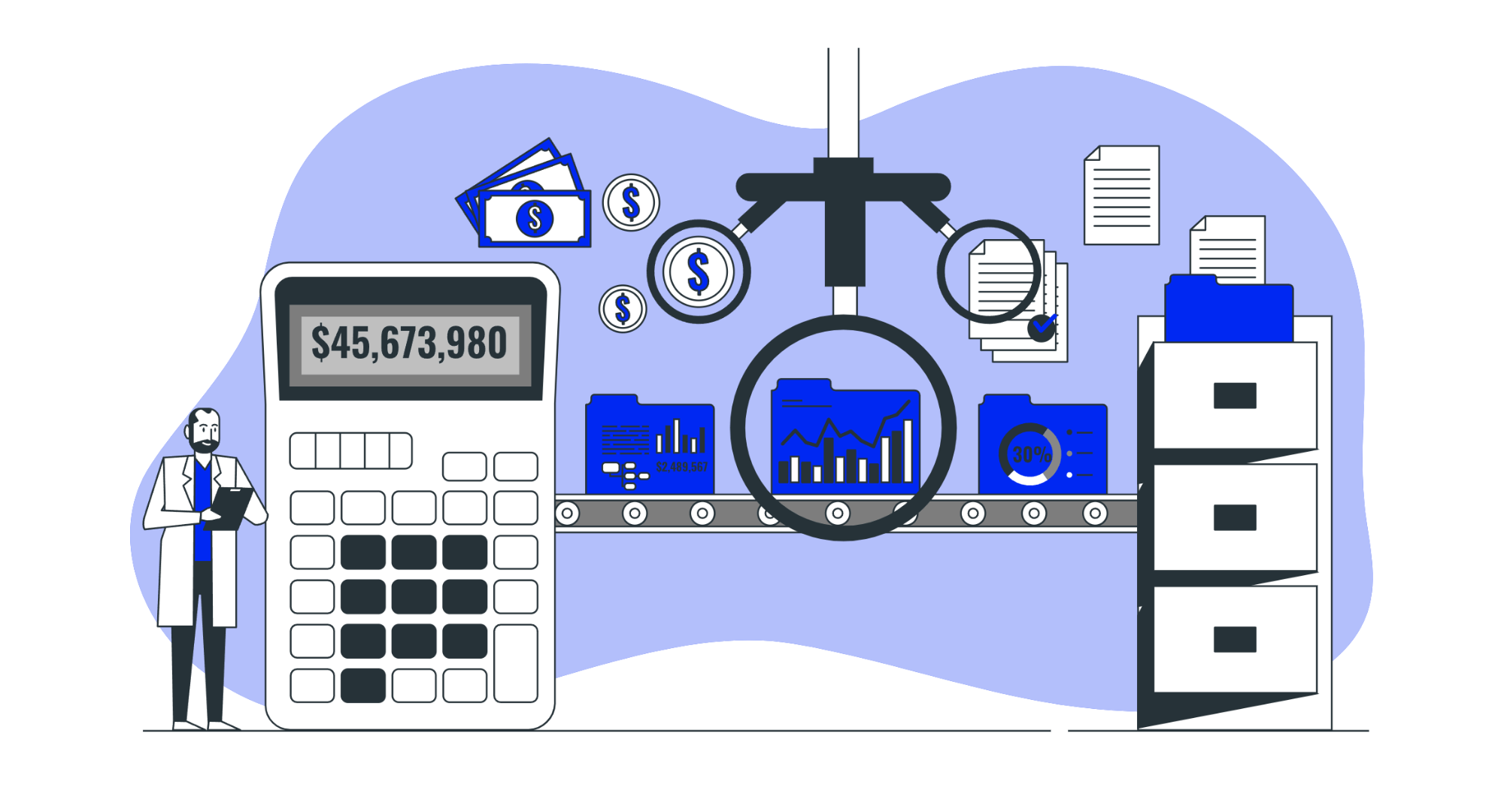
What Are Examples of Business Expenses?
Business expenses refer to the costs incurred by a company in its operations to generate revenue. Identifying and managing these expenses is crucial for maintaining profitability and sustainability. Here are some common examples of business expenses:
- Rent: Payment for office space, warehouse, or retail space.
- Utilities: Costs for electricity, water, gas, and internet services.
- Employee Salaries and Benefits: Wages, healthcare, retirement contributions, and other employee-related expenses.
- Supplies: Office supplies, inventory, and materials necessary for production.
- Advertising and Marketing: Expenses related to promoting products or services.
- Travel and Transportation: Costs associated with business trips, fuel, vehicle maintenance, and transportation services.
- Insurance: Premiums for business insurance coverage such as liability, property, and health insurance.
- Taxes: Various taxes including income tax, sales tax, property tax, and payroll taxes.
- Depreciation: Allocation of the cost of assets over their useful life.
- Professional Services: Fees for legal, accounting, consulting, and other professional services.
- Repairs and Maintenance: Costs to maintain and repair equipment, machinery, and facilities.
- Interest: Payments on loans, credit lines, or other forms of borrowed capital.
- Software and Technology: Expenses for software licenses, subscriptions, and IT infrastructure.
- Capital assets: Large items lasting longer than a year, such as machinery or office furniture.
- General operations: Necessary expenses in running a business, such as rent, energy and phone bills, and office stationery.
These expenses are essential for running a business and are typically deductible for tax purposes, subject to certain regulations and limitations. Proper management and control of these expenses are vital for the financial health and success of any business.

